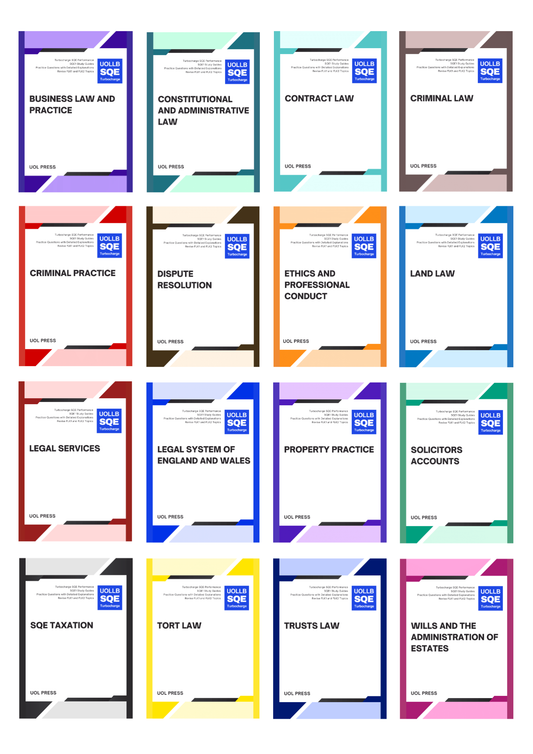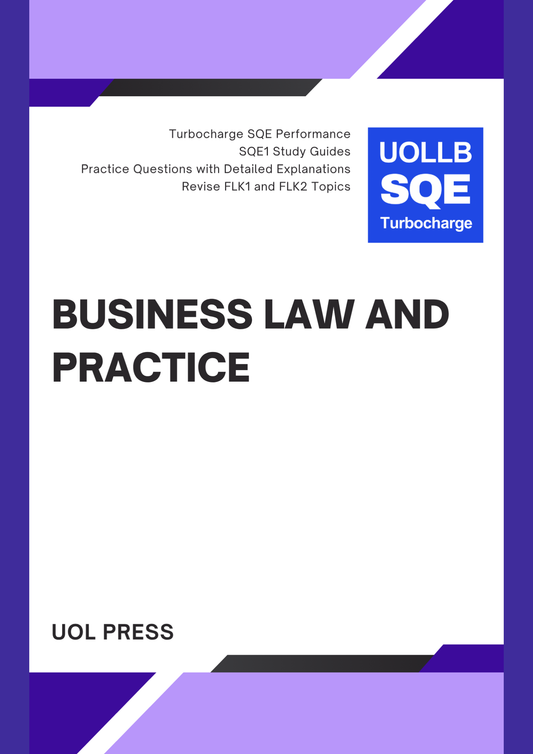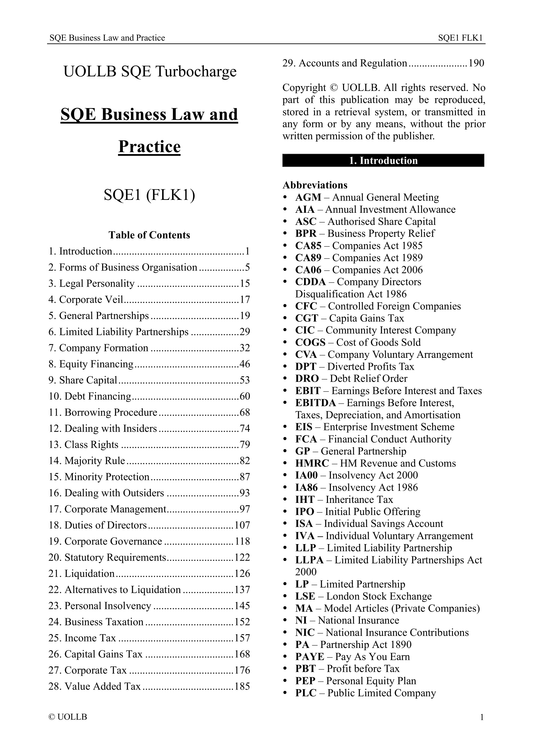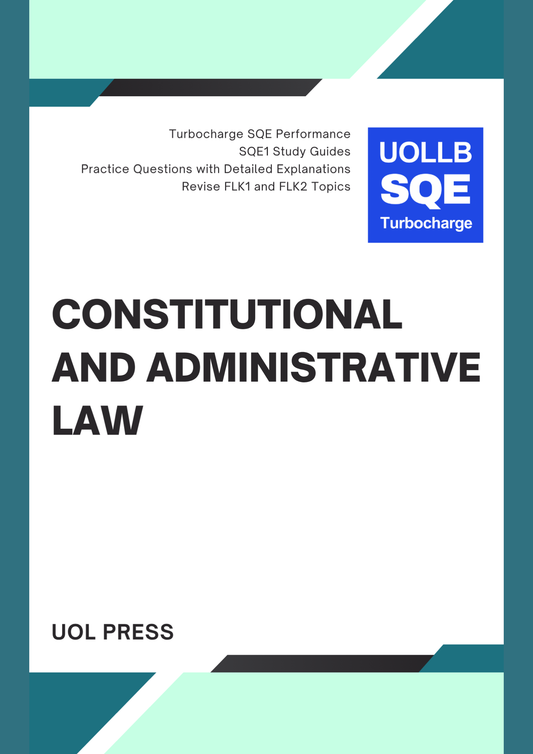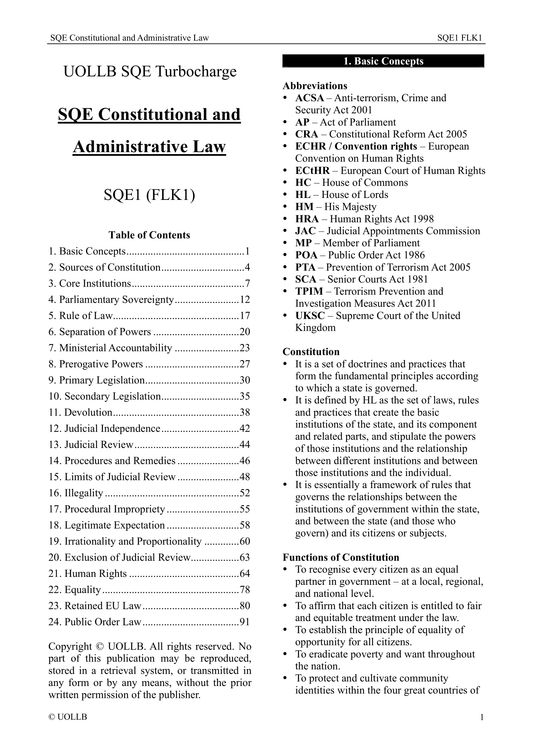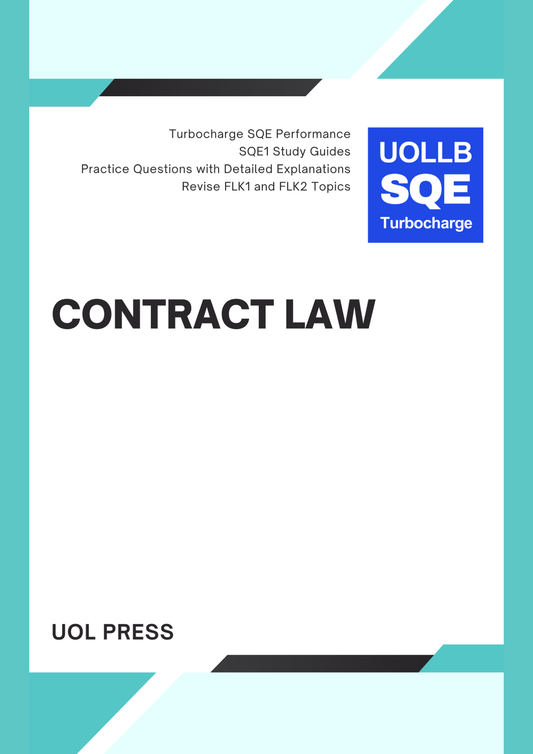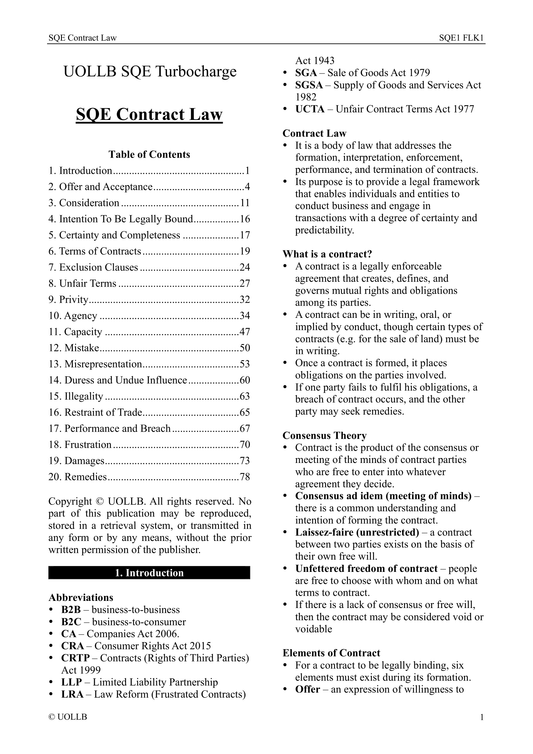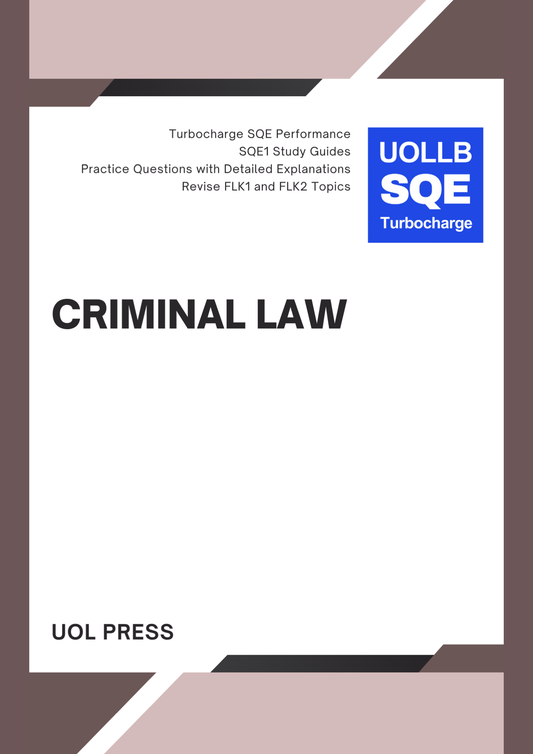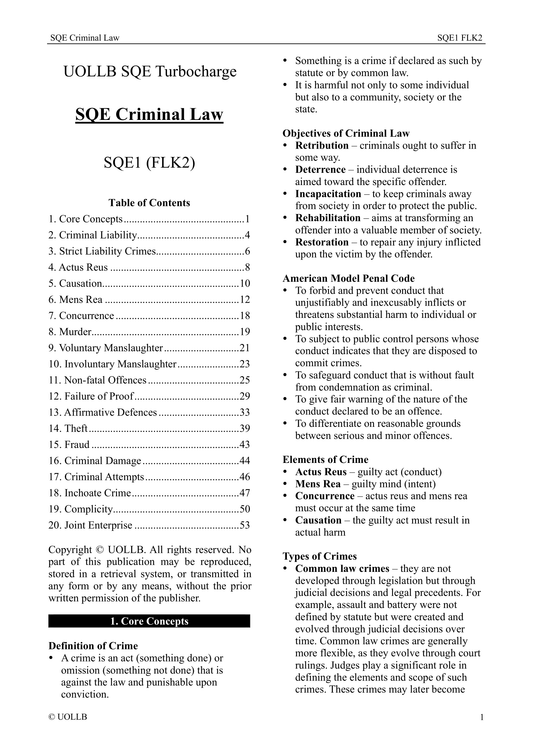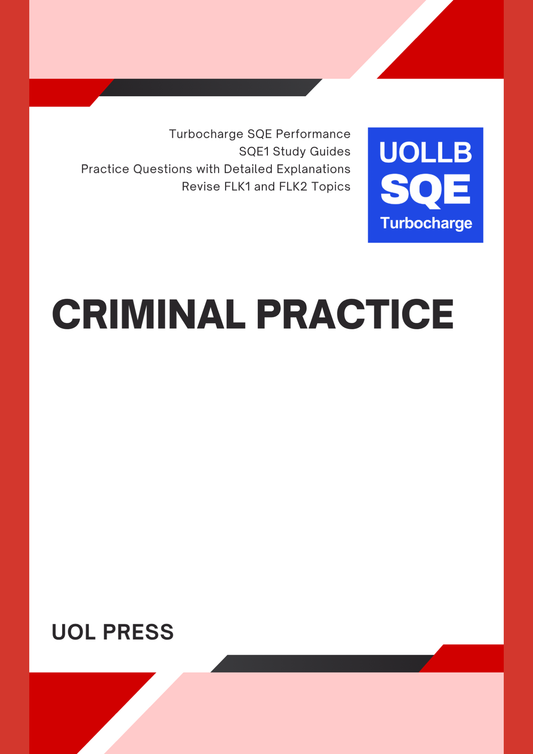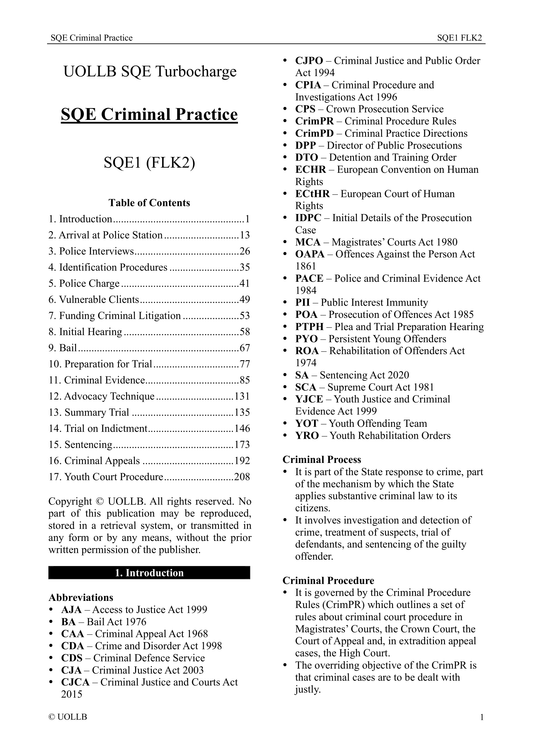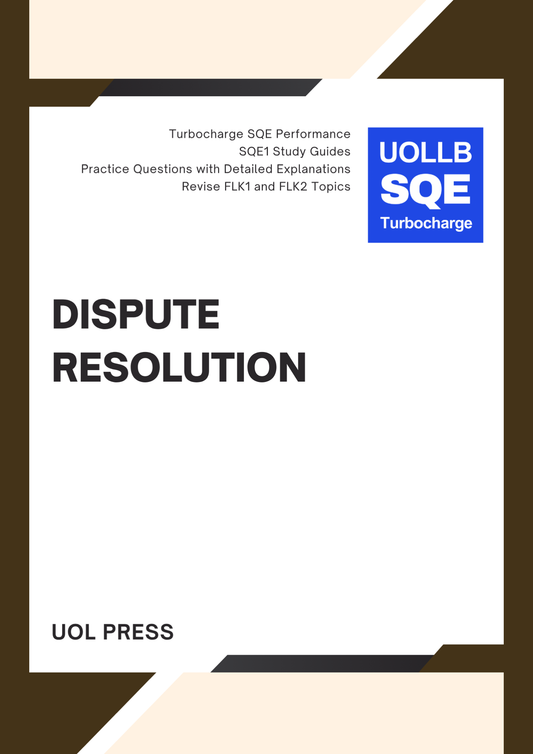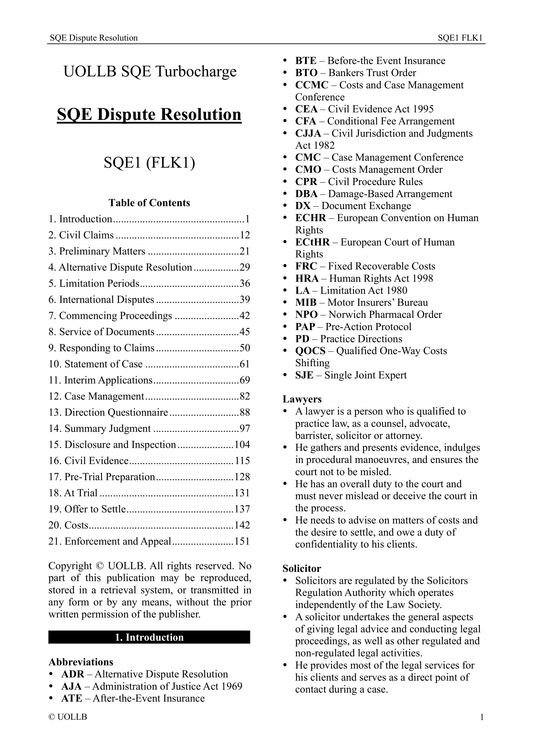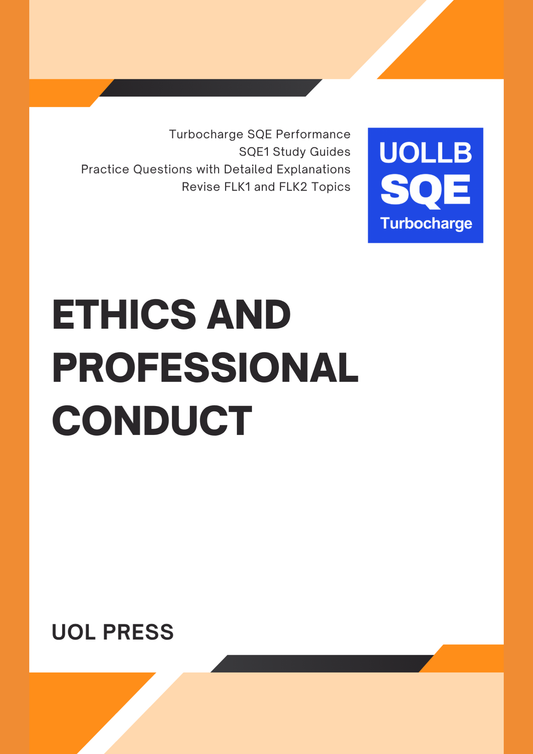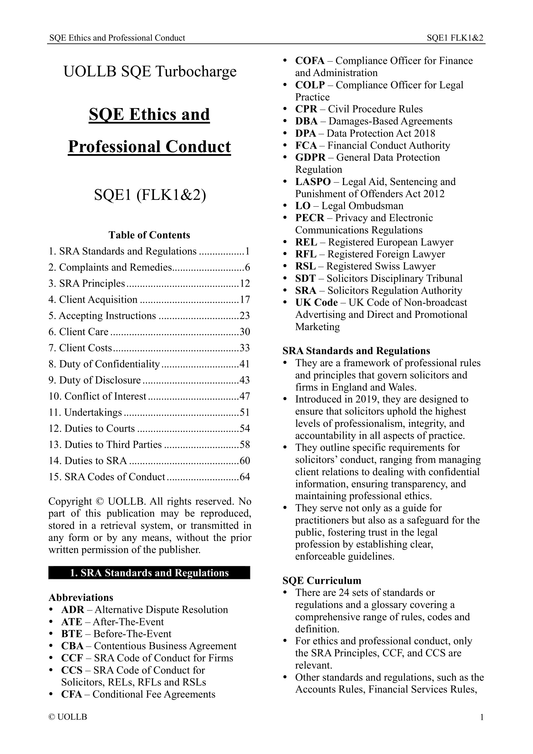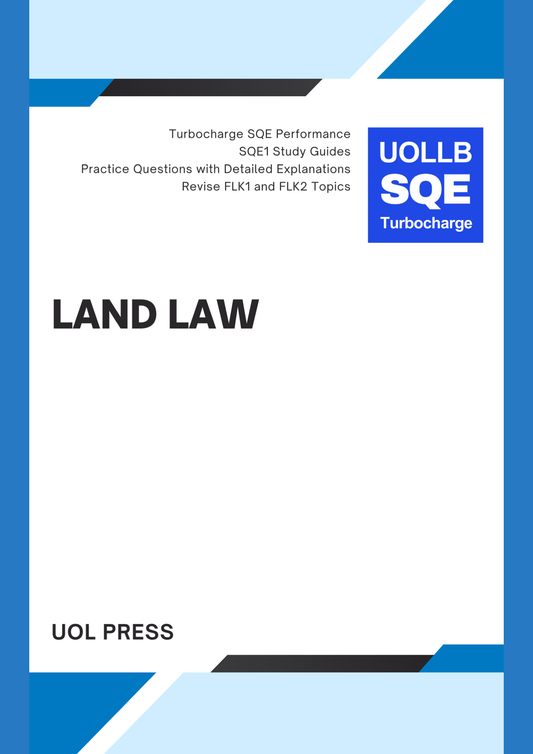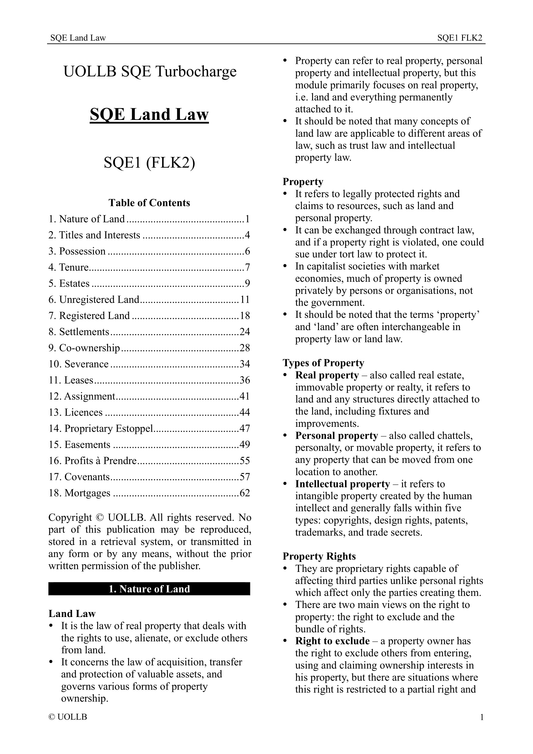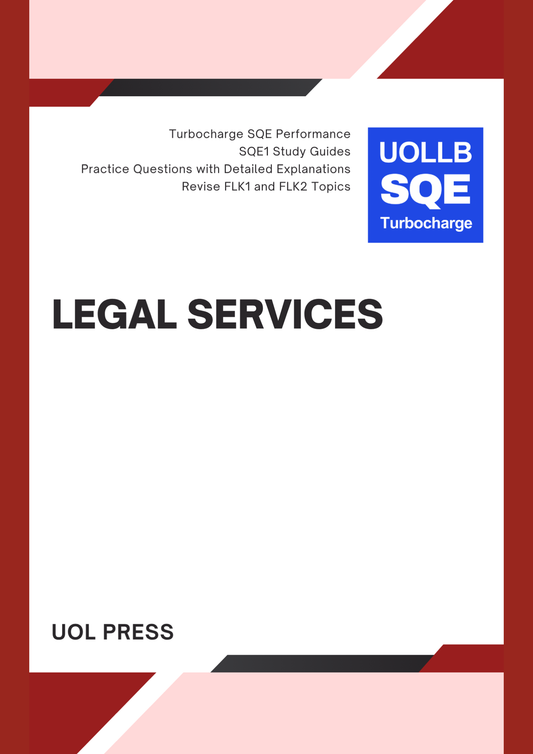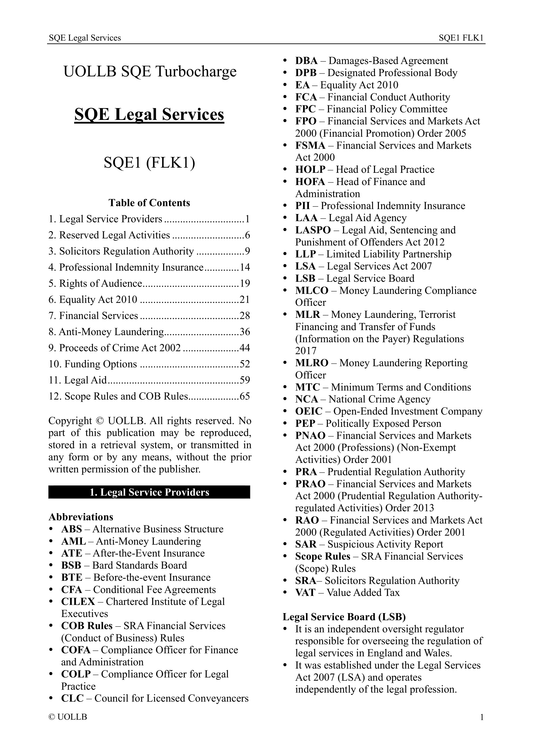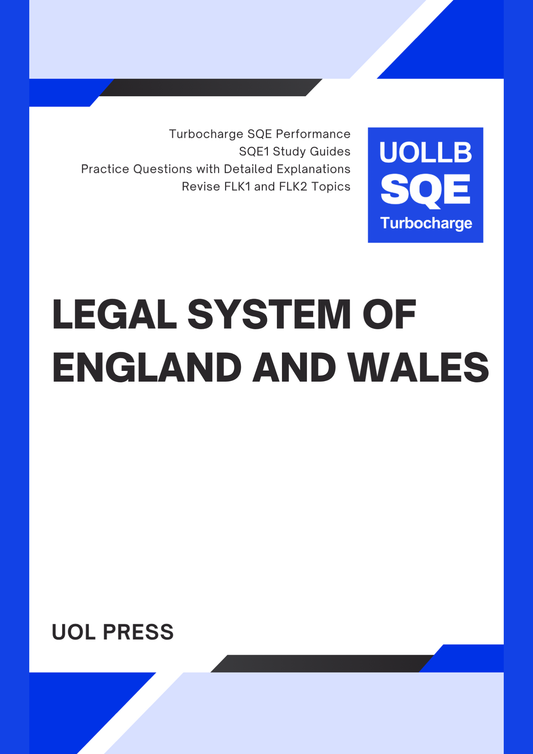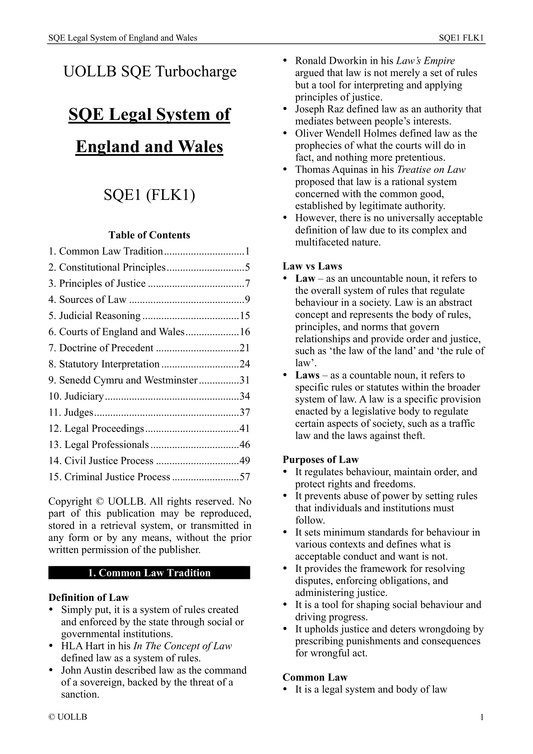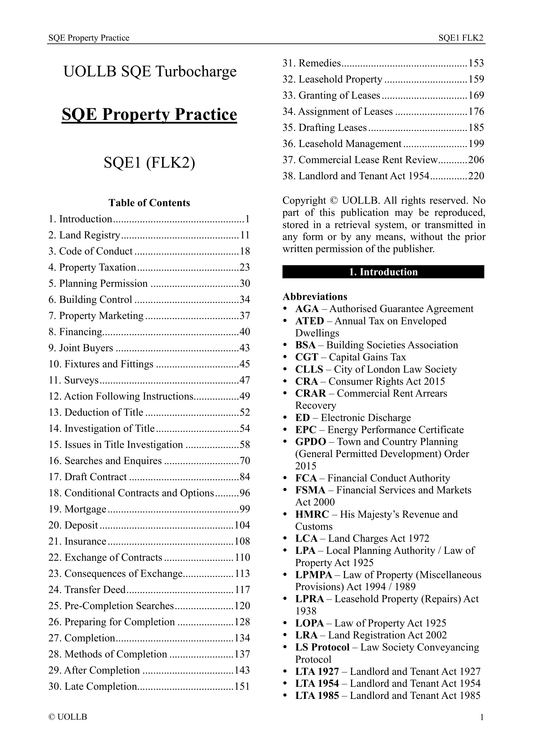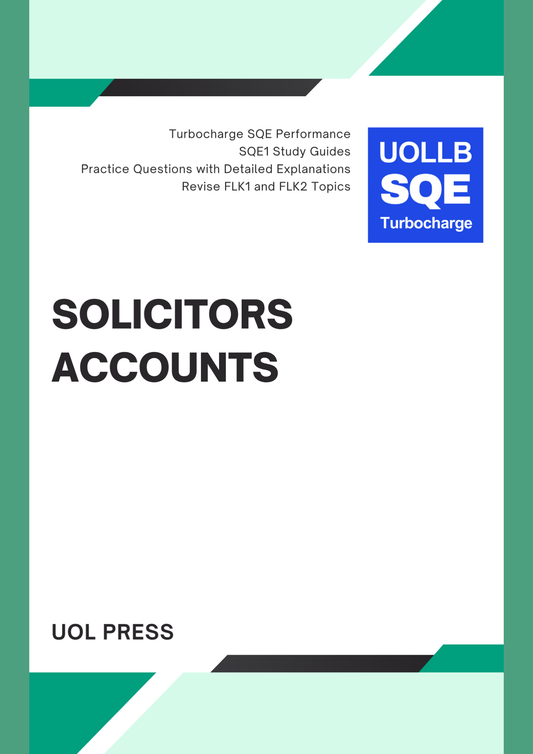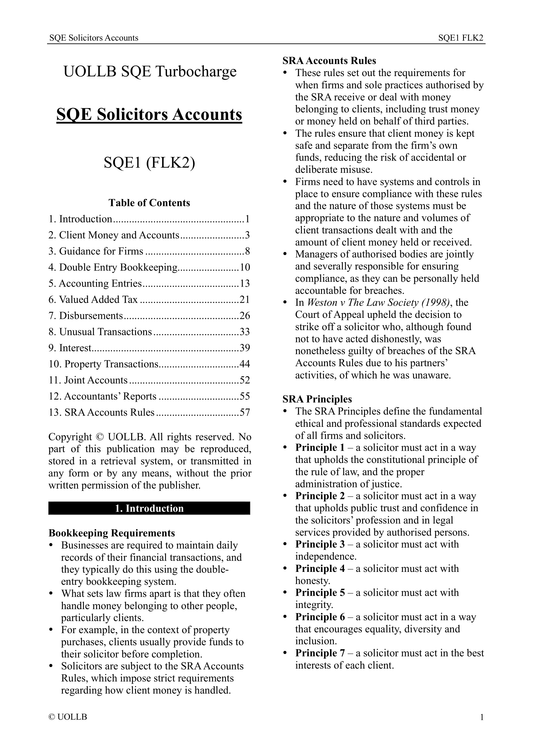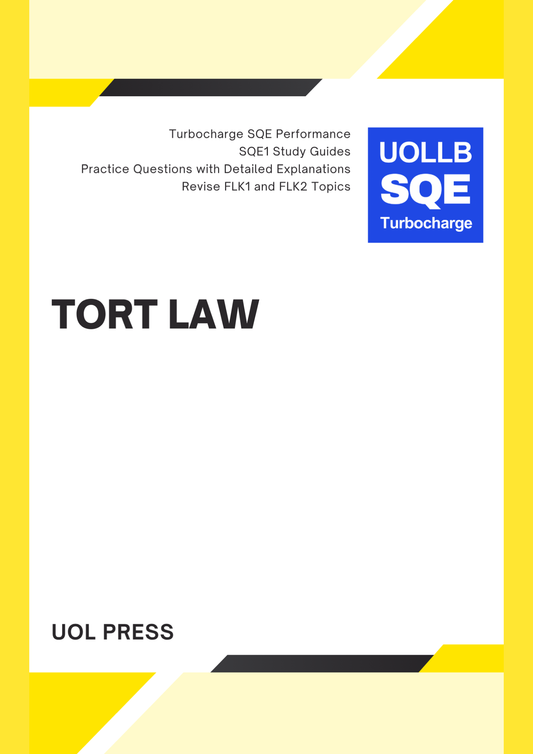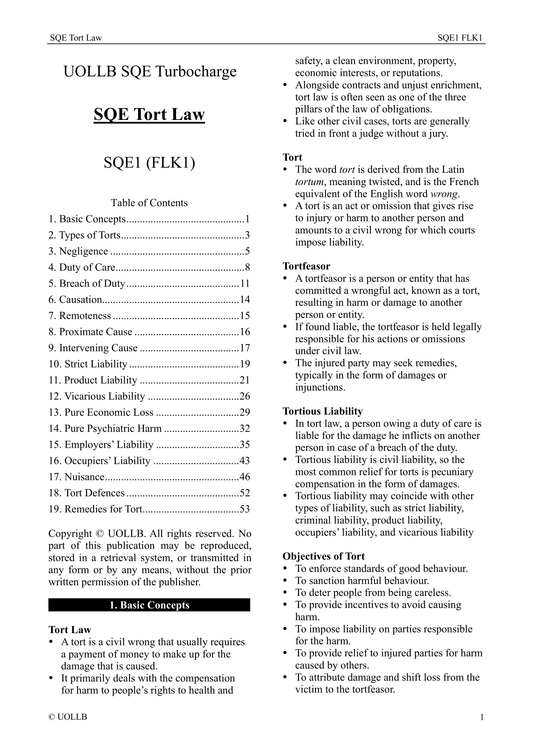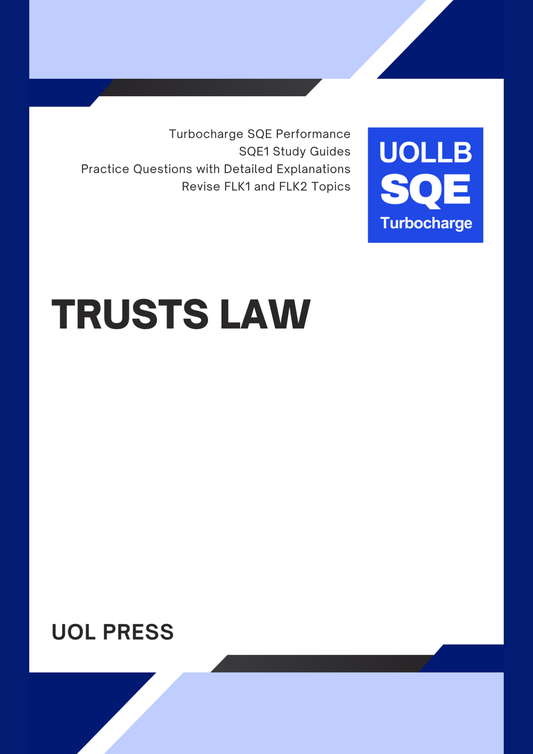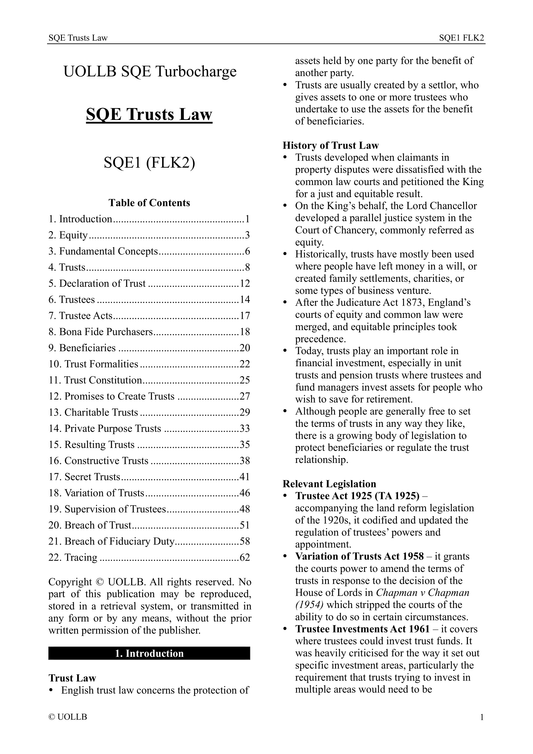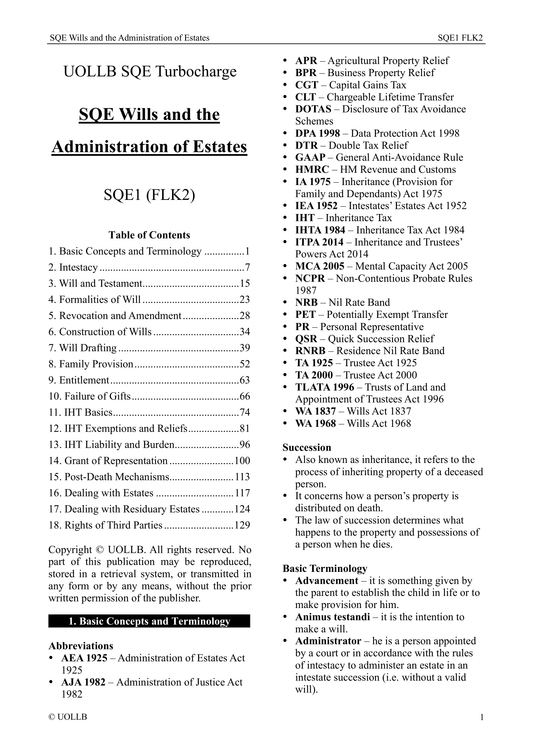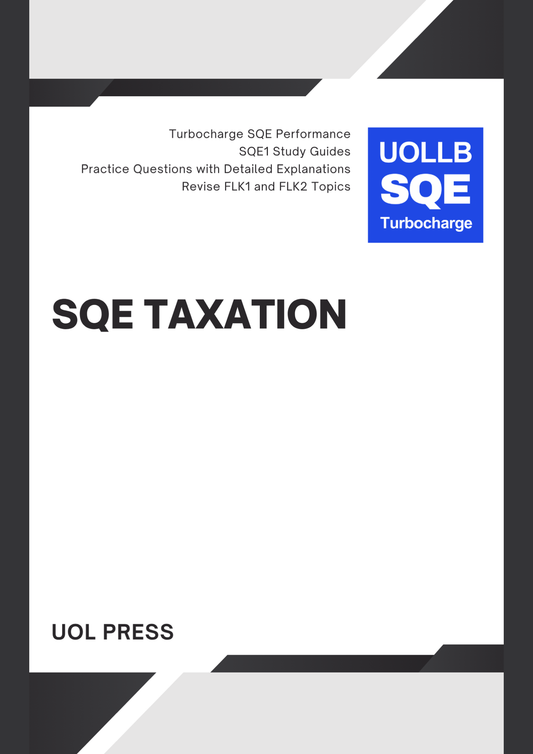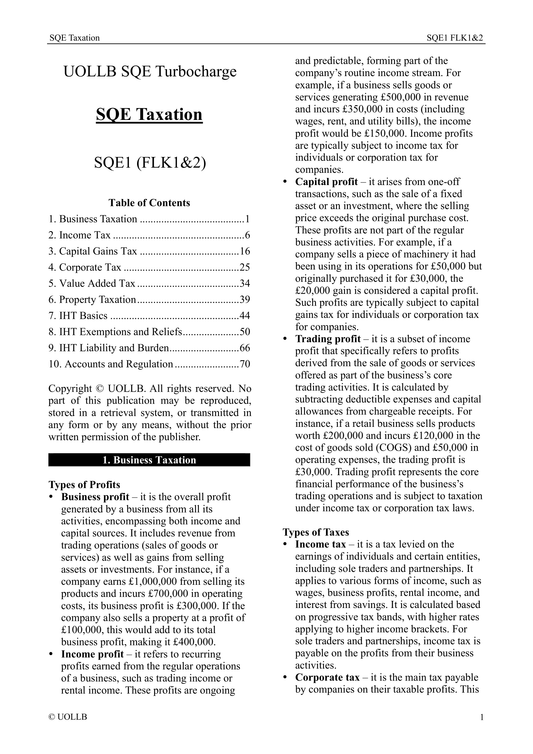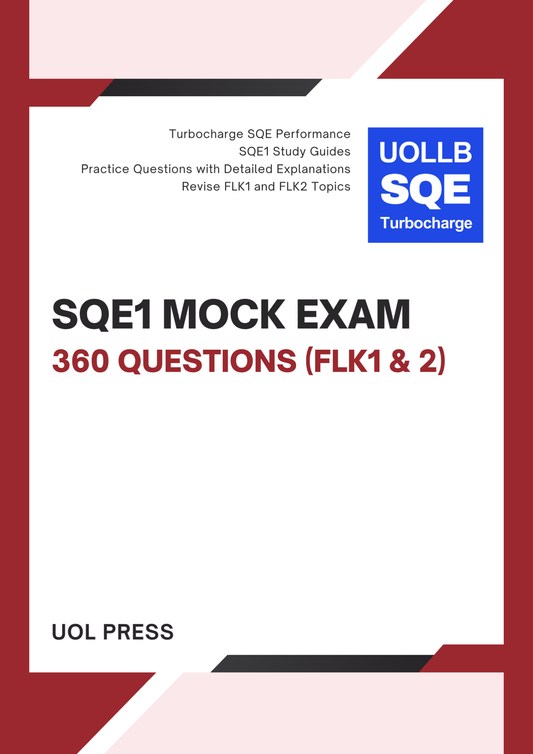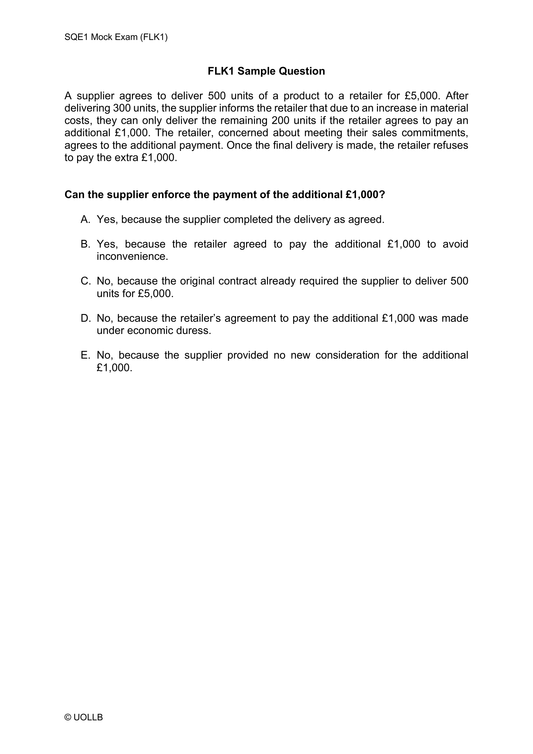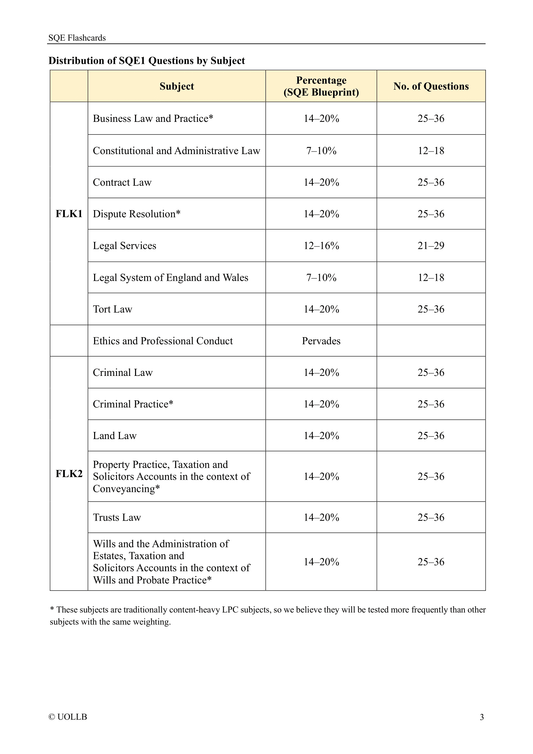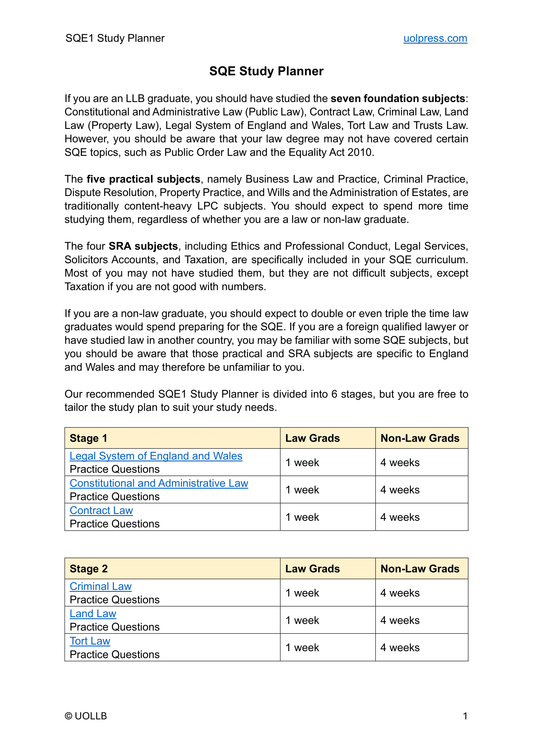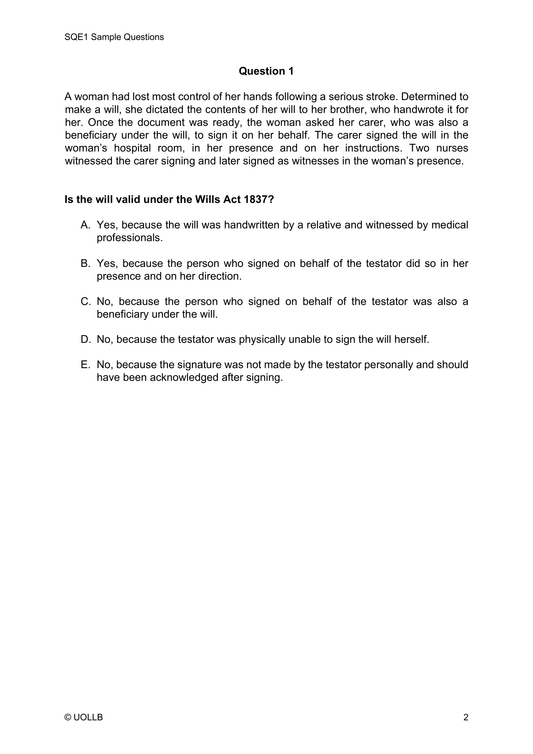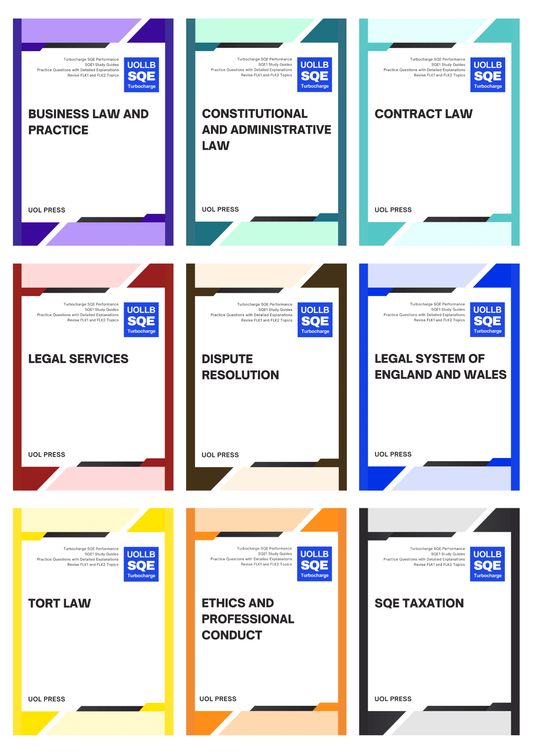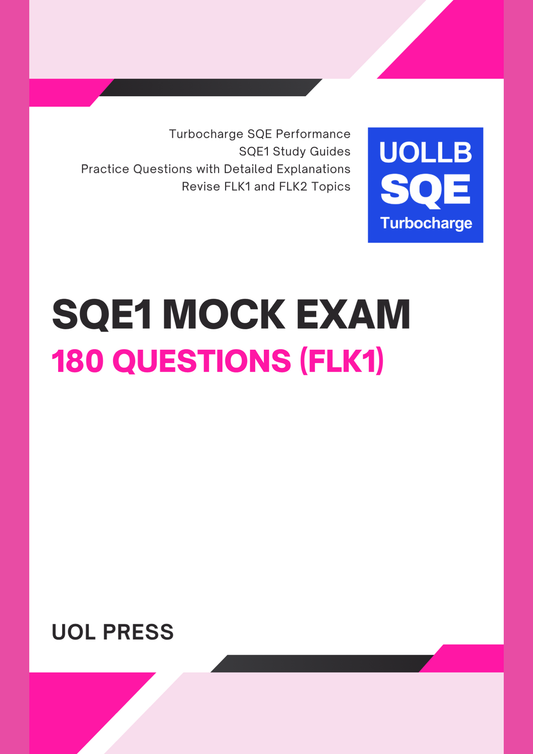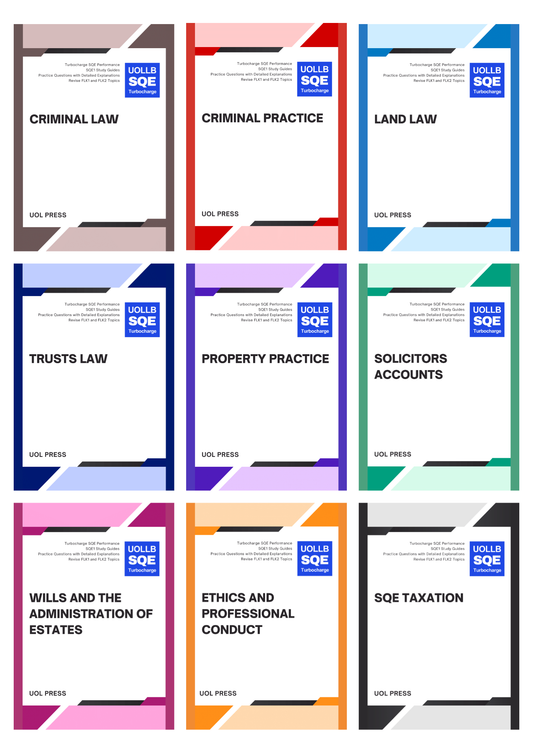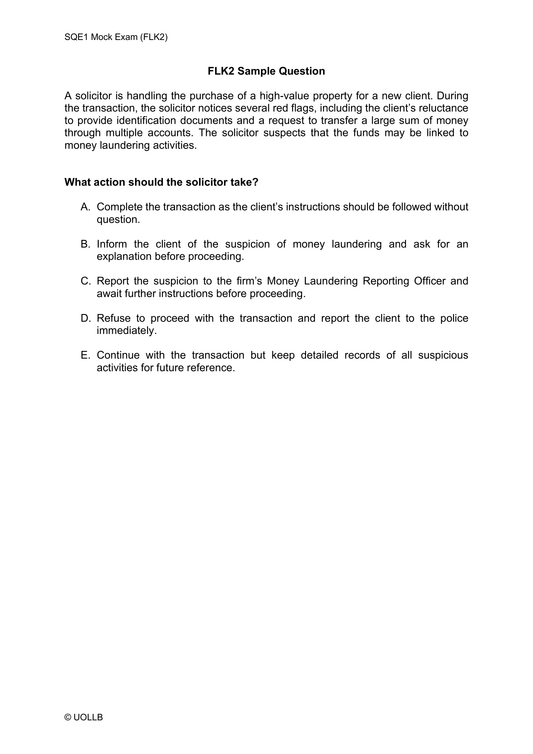Level 3 Threshold Standard
Share
The Threshold Standard for the Statement of Solicitor Competence at Level 3 outlines the expectations for newly qualified solicitors in various aspects of legal practice, defining the performance standard required across several key competencies.
Functioning Legal Knowledge: At this level, a newly qualified solicitor must be able to identify and apply relevant legal principles effectively and appropriately to each case. This requires a sound understanding of the foundational legal principles specific to their area of practice and the ability to use this knowledge to address practical, client-related issues.
Standard of Work: New solicitors are expected to consistently achieve an acceptable standard for routine tasks. When it comes to complex or unfamiliar tasks, while they may be competent, their work might still lack the polish or sophistication that comes with greater experience.
Autonomy: Newly qualified solicitors should be able to handle most tasks independently, relying on their judgment to advance legal matters. However, they should also have the awareness to recognise when a situation requires guidance or additional support, which is critical for maintaining professionalism and avoiding missteps in complex cases.
Complexity: Level 3 competence includes the ability to manage straightforward transactions and to occasionally tackle unfamiliar tasks that involve a range of problems and decision points. This level requires the ability to apply legal knowledge flexibly, adapting to various types of cases or issues as they arise.
Perception of Context: Newly qualified solicitors should understand the broader context of their actions within the objectives of a case. This involves recognising how specific decisions or tasks align with the overall strategy, helping to ensure that individual actions contribute meaningfully toward achieving the client's goals.
Innovation and Originality: At this level, solicitors are expected to leverage their previous experience to verify the information they receive and to make informed judgments about different courses of action. While they are still developing deeper expertise, they should be able to identify viable options and paths forward, showing both critical thinking and initiative.
Together, these competencies ensure that newly qualified solicitors are well-prepared to manage routine legal work independently while knowing when to seek support and how to navigate more complex issues effectively.
Functioning Legal Knowledge: At this level, a newly qualified solicitor must be able to identify and apply relevant legal principles effectively and appropriately to each case. This requires a sound understanding of the foundational legal principles specific to their area of practice and the ability to use this knowledge to address practical, client-related issues.
Standard of Work: New solicitors are expected to consistently achieve an acceptable standard for routine tasks. When it comes to complex or unfamiliar tasks, while they may be competent, their work might still lack the polish or sophistication that comes with greater experience.
Autonomy: Newly qualified solicitors should be able to handle most tasks independently, relying on their judgment to advance legal matters. However, they should also have the awareness to recognise when a situation requires guidance or additional support, which is critical for maintaining professionalism and avoiding missteps in complex cases.
Complexity: Level 3 competence includes the ability to manage straightforward transactions and to occasionally tackle unfamiliar tasks that involve a range of problems and decision points. This level requires the ability to apply legal knowledge flexibly, adapting to various types of cases or issues as they arise.
Perception of Context: Newly qualified solicitors should understand the broader context of their actions within the objectives of a case. This involves recognising how specific decisions or tasks align with the overall strategy, helping to ensure that individual actions contribute meaningfully toward achieving the client's goals.
Innovation and Originality: At this level, solicitors are expected to leverage their previous experience to verify the information they receive and to make informed judgments about different courses of action. While they are still developing deeper expertise, they should be able to identify viable options and paths forward, showing both critical thinking and initiative.
Together, these competencies ensure that newly qualified solicitors are well-prepared to manage routine legal work independently while knowing when to seek support and how to navigate more complex issues effectively.

